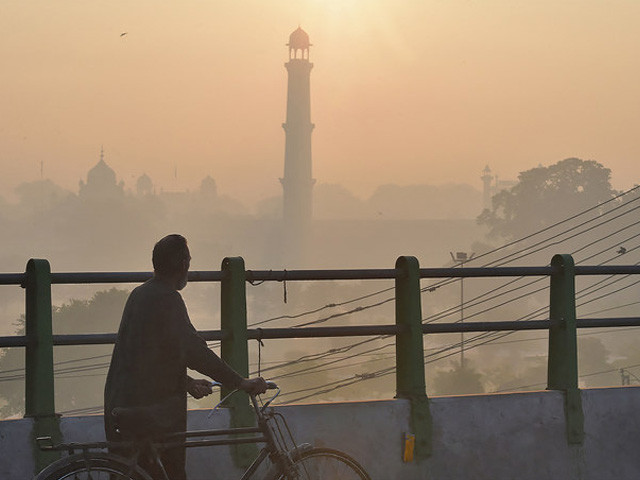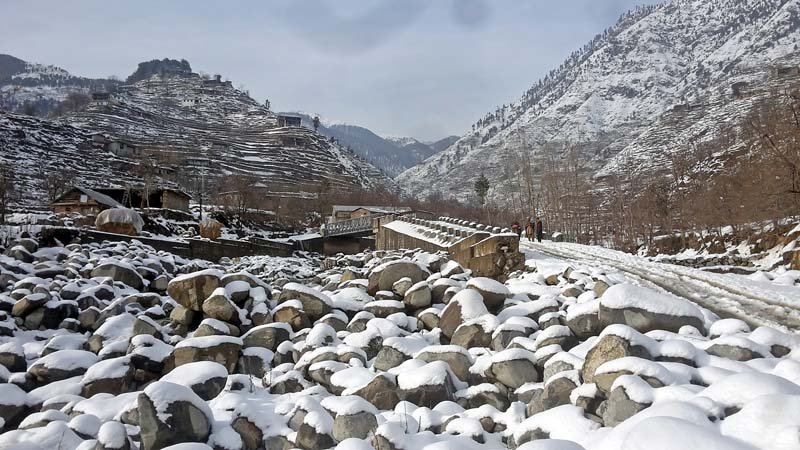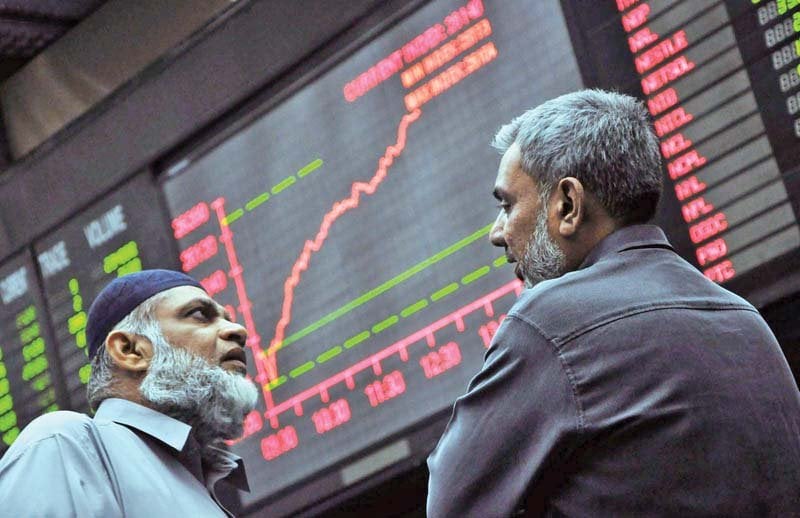Punjab Smog Crisis and Health Impacts

A severe smog crisis is gripping the Punjab region in Pakistan, with record-breaking levels of air pollution affecting major cities such as Delhi, Lahore, Faisalabad, and Bahawalnagar. The causes of this crisis are multifaceted, including crop burning, industrial emissions, vehicle exhaust, and climate change. As a result, the air quality index has reached hazardous levels, equivalent to smoking dozens of cigarettes daily. This has led to a range of health risks, including exposure to sulfur dioxide, carbon monoxide, and nitrogen oxides. The situation is so dire that over 35,000 patients have been reported in Lahore's five major public hospitals in just one week. Furthermore, children under the age of five account for 12% of deaths due to air pollution in Pakistan, highlighting the devastating impact on the most vulnerable members of society. In response to the crisis, schools and public spaces in Punjab's major cities have been shut down in an effort to mitigate the effects of the smog. The situation demands a multi-sector approach to combat the smog and protect the health and well-being of the people affected.
Health>

Weather and Health Concerns in K-P and Beyond
published 387 days ago
_updates.jpg)
Celebrity Health Issues: Khloé Kardashian and Kelly Osbourne Struggle with Illness
published 387 days ago
1732012115-0/Untitled-design-(14)1732012115-0.jpg)
Revamped Healthcare and Crime Reporting Initiatives Gain Momentum
published 387 days ago

Weather and Health Concerns in K-P and Beyond
published 390 days ago
_updates.jpg)
Celebrity Health Updates: Khloé Kardashian and Kelly Osbourne's Illnesses
published 401 days ago

Fatal Familial Insomnia: A Rare Genetic Disorder That Affects Sleep
published 409 days ago
News Sources
Reader Comments
Health>

Weather and Health Concerns in K-P and Beyond
published 387 days ago
_updates.jpg)
Celebrity Health Issues: Khloé Kardashian and Kelly Osbourne Struggle with Illness
published 387 days ago
1732012115-0/Untitled-design-(14)1732012115-0.jpg)
Revamped Healthcare and Crime Reporting Initiatives Gain Momentum
published 387 days ago

Weather and Health Concerns in K-P and Beyond
published 390 days ago
_updates.jpg)
Celebrity Health Updates: Khloé Kardashian and Kelly Osbourne's Illnesses
published 401 days ago

Fatal Familial Insomnia: A Rare Genetic Disorder That Affects Sleep
published 409 days ago
1737372268-0/meghan-(6)1737372268-0.jpg)

_updates.jpg)





_updates.jpg)